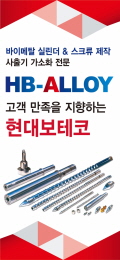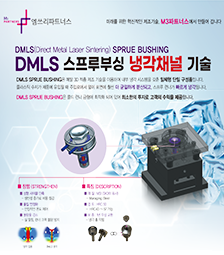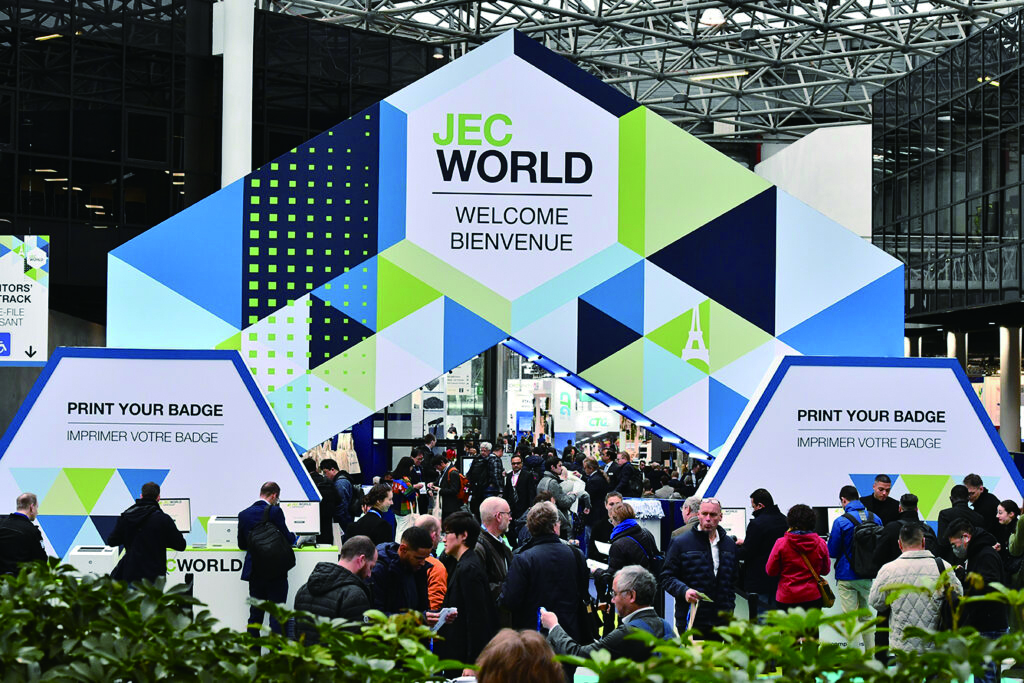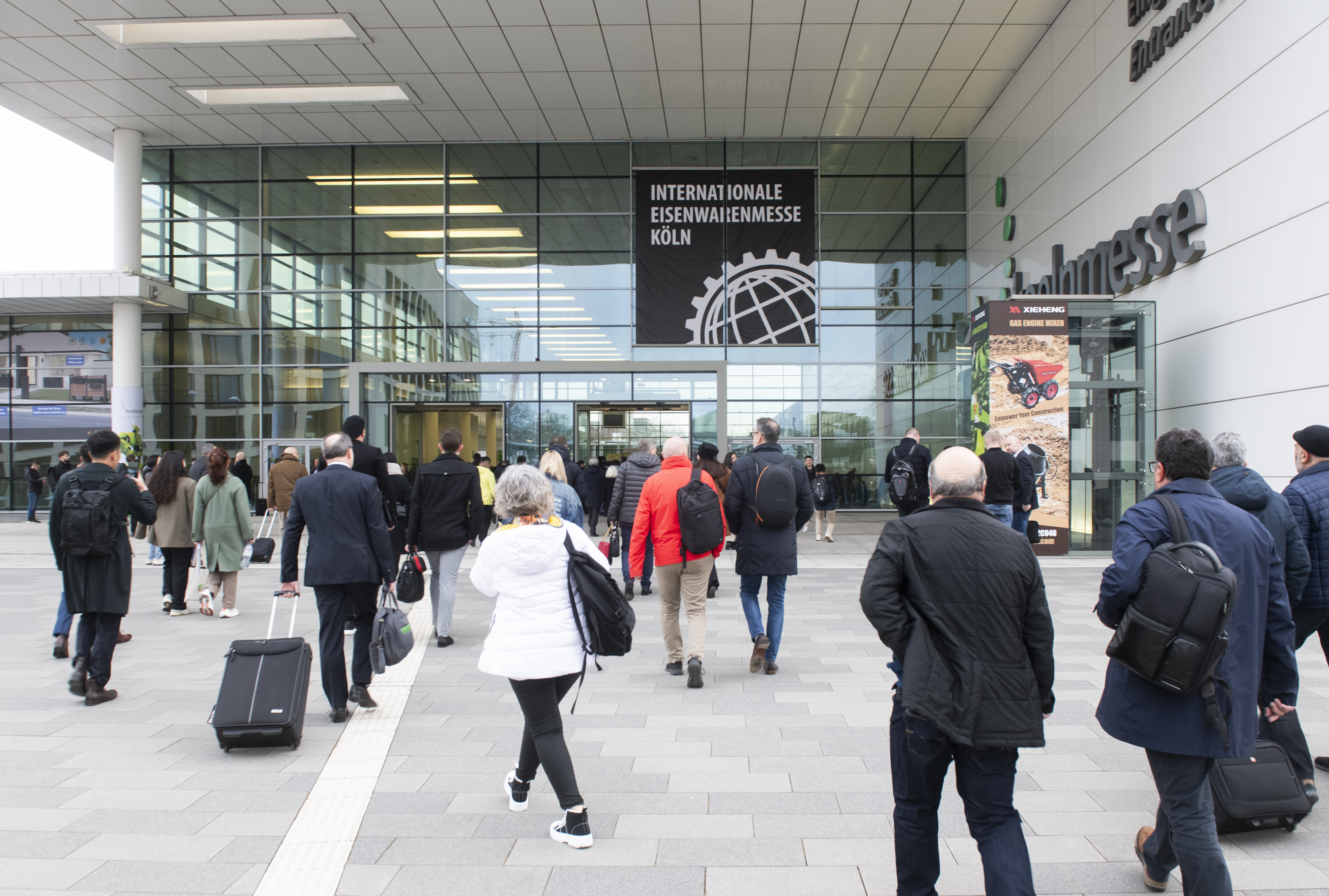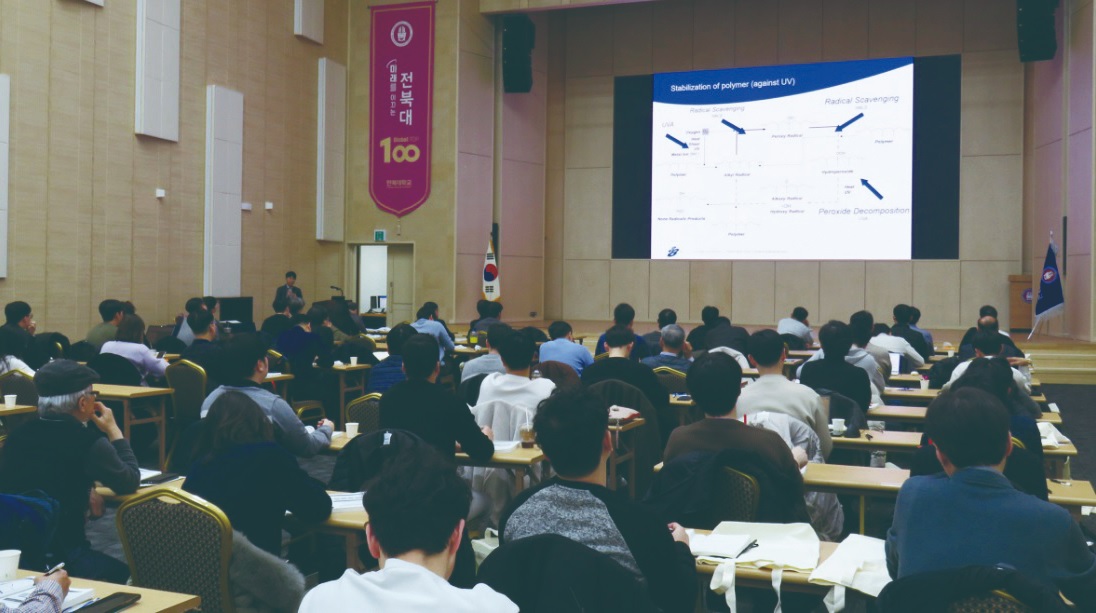The discrepancy between the two suppliers' forecasts underscores the lingering uncertainty over how quickly the new-vehicle market will shift toward EVs.
President Joe Biden set a target of having half of all U.S. new-vehicle sales by 2030 be zero-emission. In November, Biden signed into law an infrastructure bill that included $7.5 billion for EV charging stations and $65 billion to upgrade the nation's electric grid.
But plans to extend tax credits to foster EV adoption are now uncertain since the administration ran into a political wall in opposition to its ambitious Build Back Better legislation.

John Bozzella, CEO of the Alliance for Automotive Innovation, believes the speed with which Americans adopt EVs will come down to how well the country can build up its charging infrastructure. The alliance, which represents most automakers in the U.S. and many suppliers, in December released a list of recommendations for public charging stations in the U.S. to help bolster EV adoption, including the use of DC fast chargers and stations that can accommodate different vehicle designs.
"We're moving strongly in that direction," Bozzella said. "But it'll take a significant degree of engagement and partnership across the private sector.
"In addition to auto manufacturers and suppliers and dealers, it's going to take utilities and builders of residences and commercial buildings and fleet purchasers to step up. And it's going to require thoughtful engagement on the part of government at the local, state and federal level."
Their forecasts may differ, but ZF and Magna agree that North America will be slower to adopt EVs than Europe and China. ZF forecasts that EVs will account for 54 percent of Chinese vehicle production by 2030, while EV production in the European Union will account of 59 percent by then.
French supplier Valeo forecasts that about half the of the global new-vehicle market will be composed of EVs and other electrified vehicles by 2030. But the rate of adoption will vary greatly by market, said Geoffrey Bouquot, chief technology officer at Valeo, the world's 10th-largest automotive supplier.
"It depends on the different places and regulations," Bouquot said.
Automaker plans
Electric vehicle plans dominated automotive activity at CES. General Motors unveiled its long-anticipated 2024 Chevrolet Silverado EV. Stellantis said its Chrysler brand will go all-electric by 2028, and Sony said it is now exploring entering the EV business.

Mike Mansuetti, president of Bosch North America, said developing the country's charging infrastructure capabilities will be key to developing trust with consumers on EVs, as well as getting more of them inside of one during a drive.
"It's sort of like riding an e-bike," he said. "Once you ride one, it's like, 'Wow, I really like this.' "
But Mansuetti declined to give a forecast for EV market share by 2030. Bosch is the world's largest automotive supplier, according to the Automotive News Research & Data Center, and the company is investing heavily in EV technologies.
The varying supplier views in Las Vegas mirror those of the industry at large, according to a 2021 KPMG survey of 1,118 auto executives around the world.
In the survey, executives anticipated that 52 percent of all new vehicles sold in the U.S., China and Japan would be electric by 2030, compared with 48 percent in western Europe. But opinions still varied wildly, with executives giving answers of anywhere between 5 and 90 percent, KPMG global head of automotive Gary Silberg previously told Automotive News.


